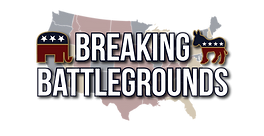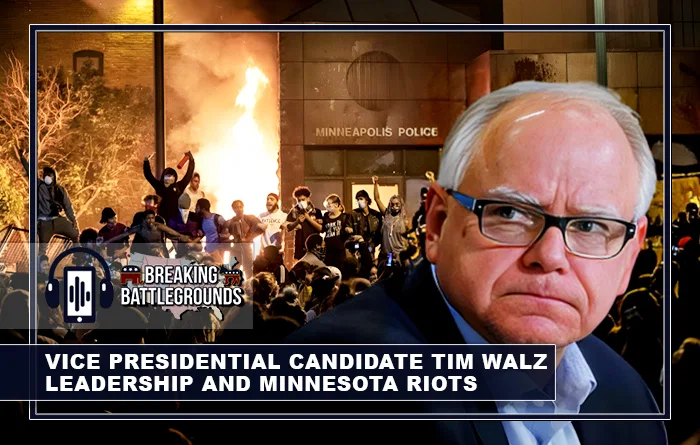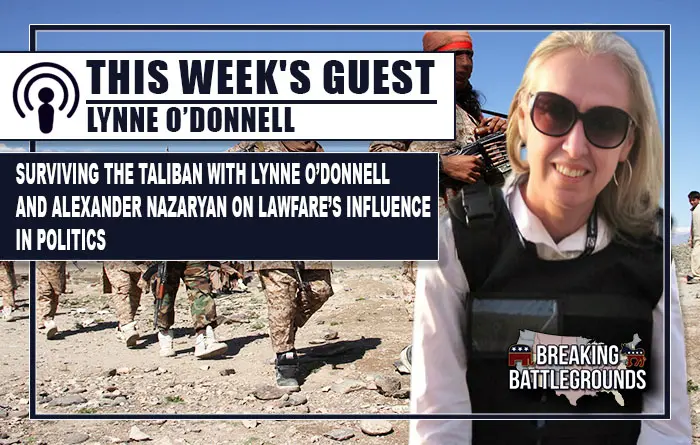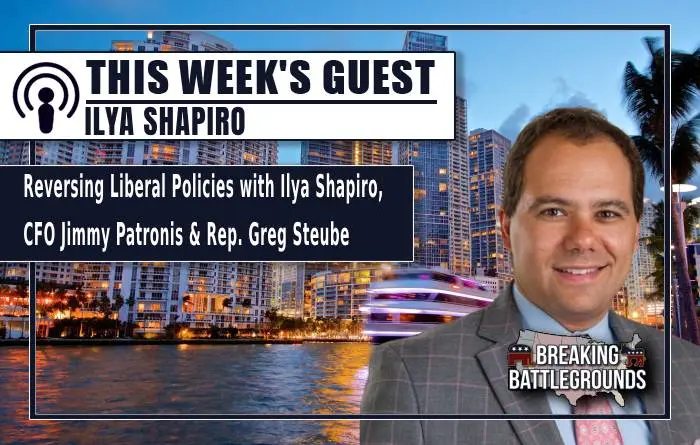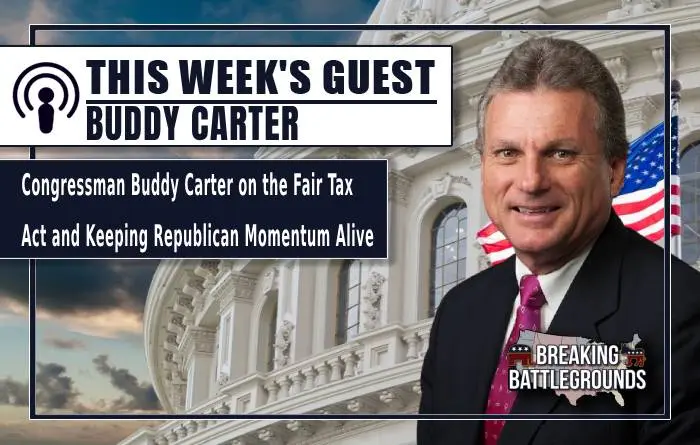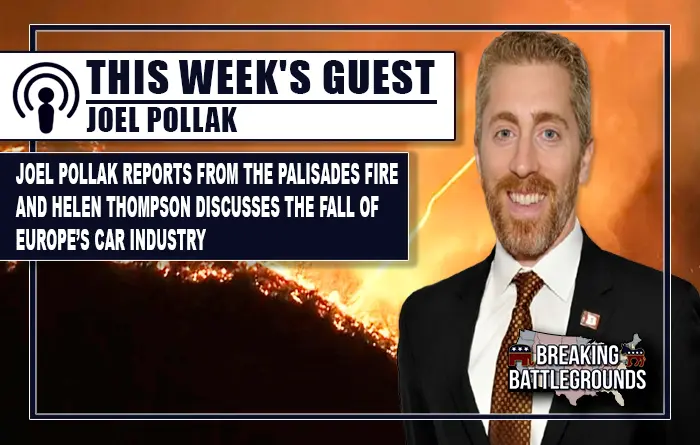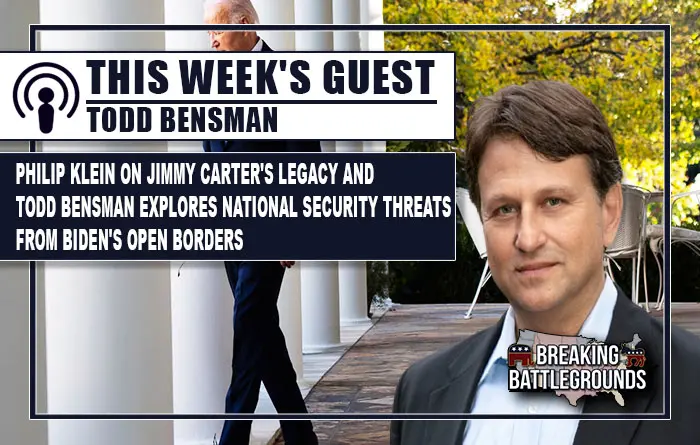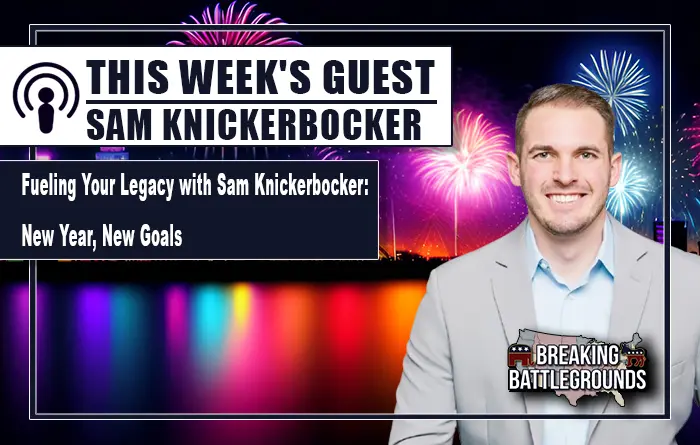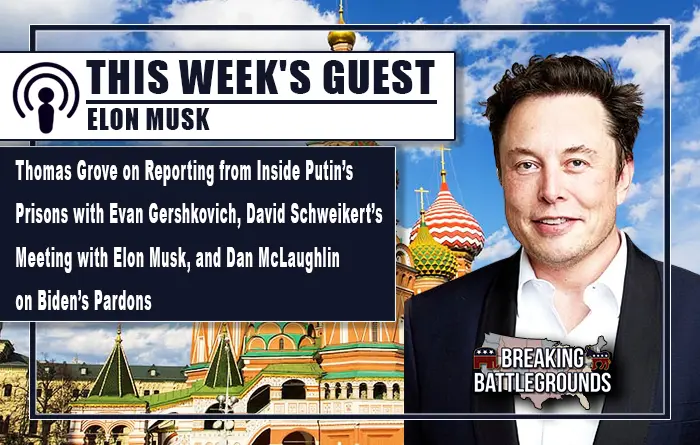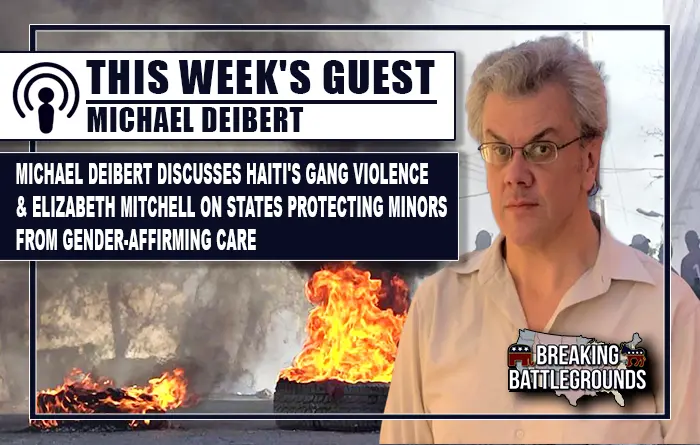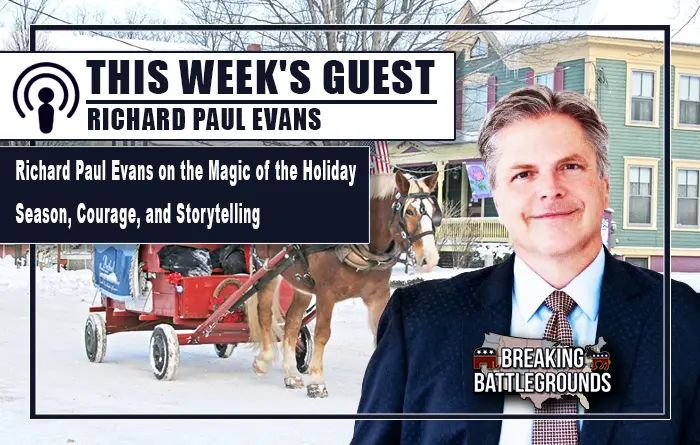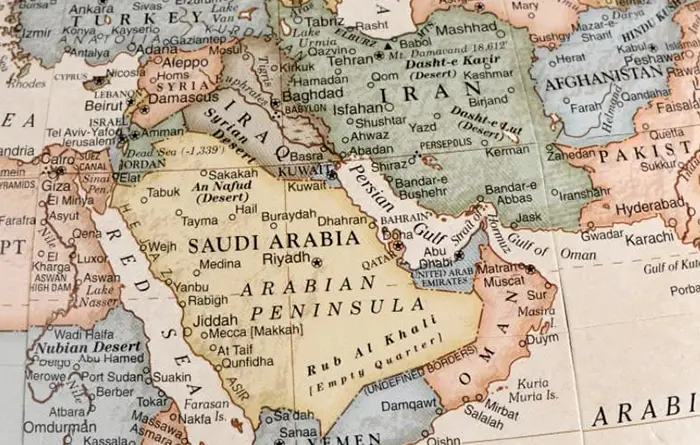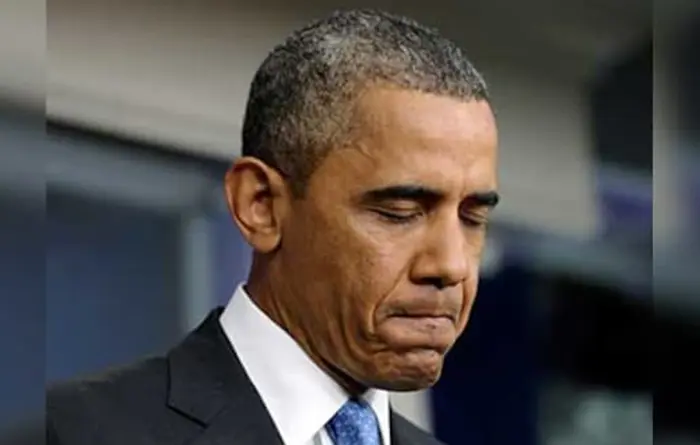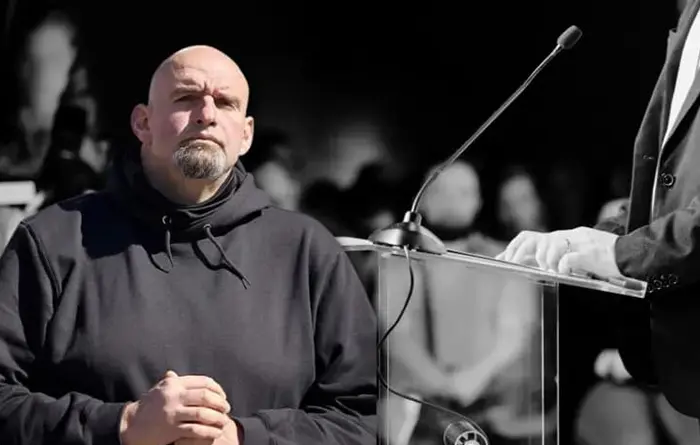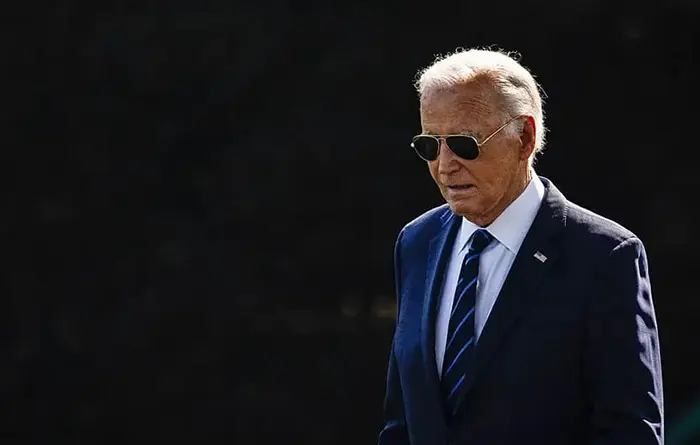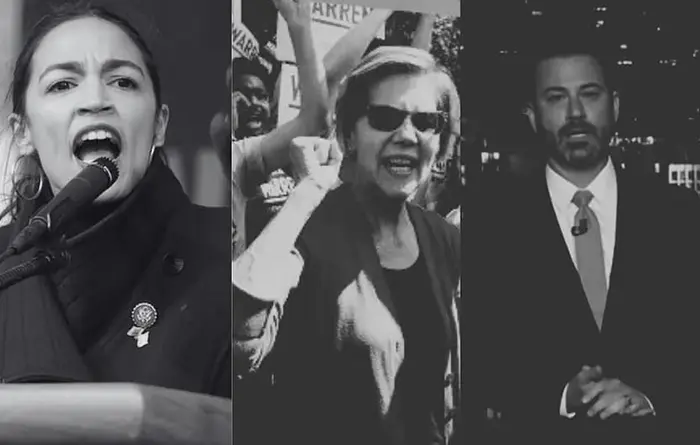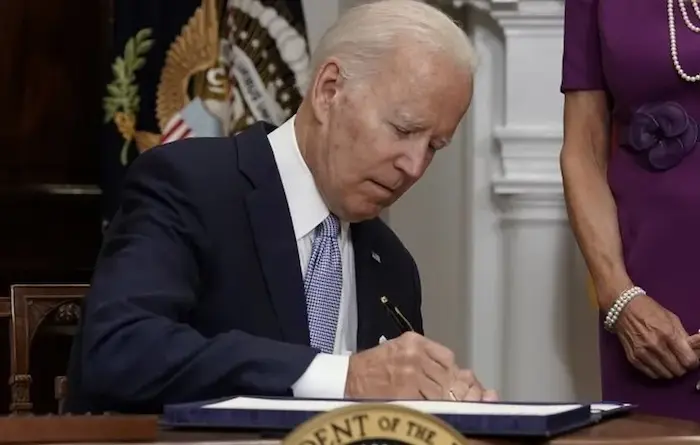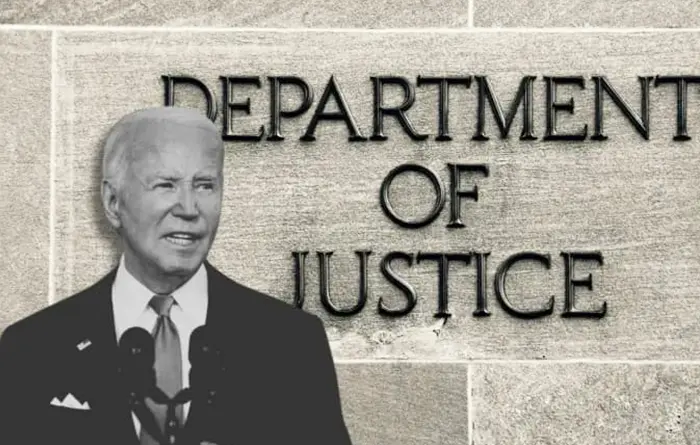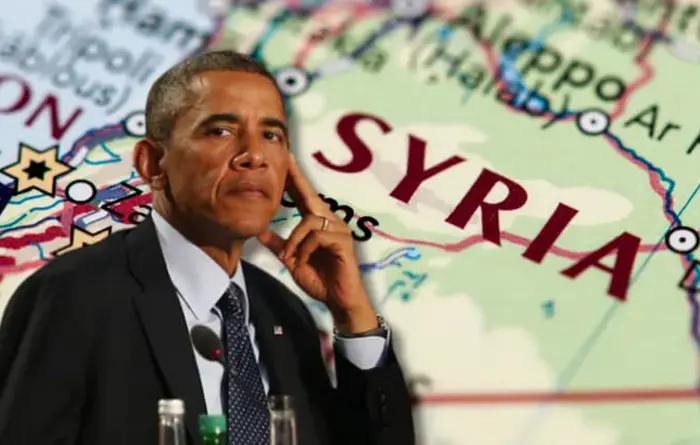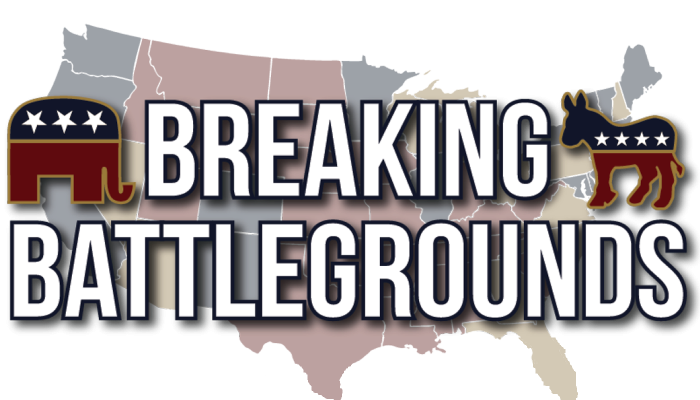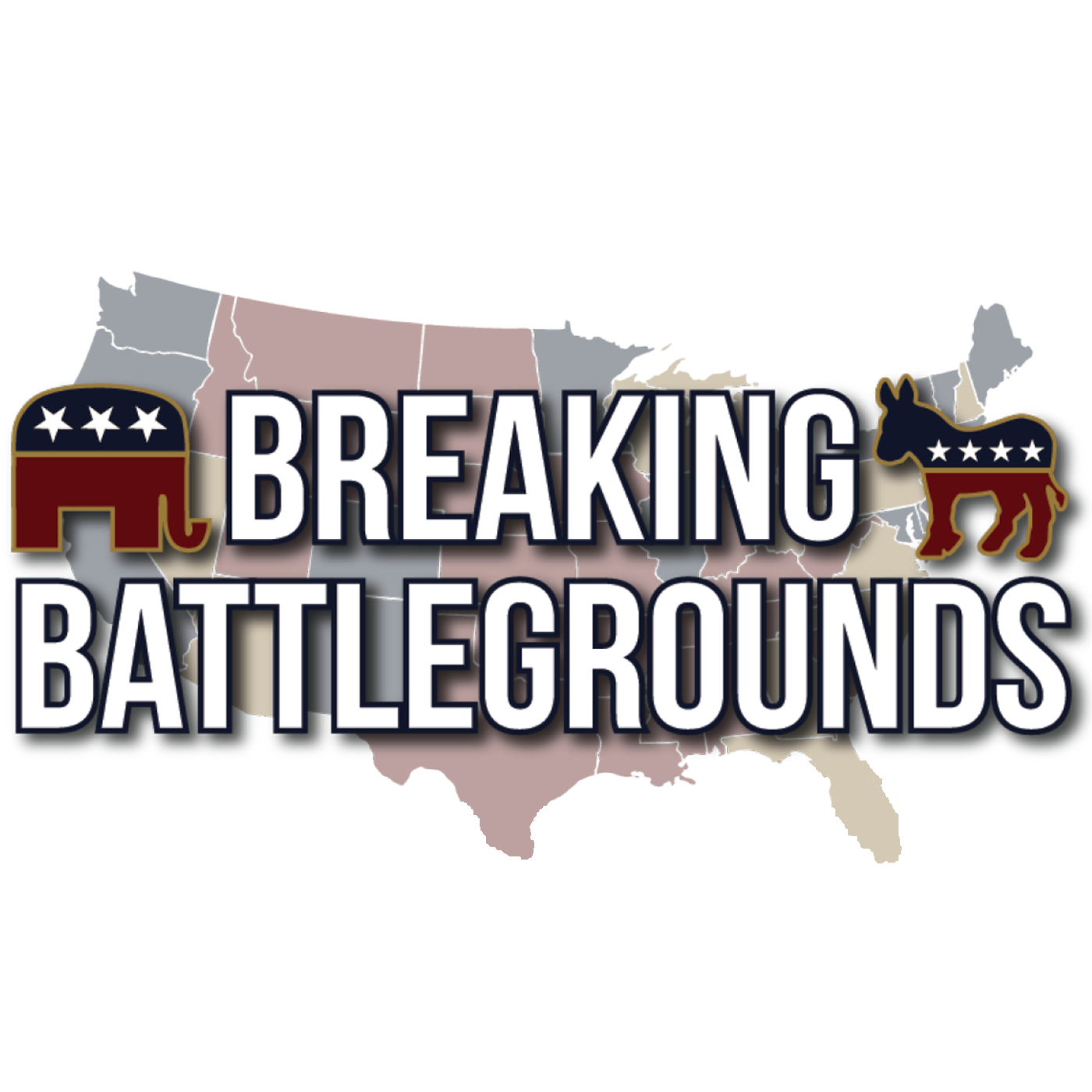The only problem with claiming that Kamala Harris has far-left convictions is proving that she has any convictions at all. According to YouGov, she was the most left-wing senator during her tenure—more left-leaning than Bernie Sanders. Now, she is flip-flopping on many of her previous positions while doubling down on others. Her VP pick, Tim Walz, is evidence that she is doubling down on one misjudgment: supporting the 2020 riots.
American cities were consumed by riots in the summer of 2020, with it all starting in Minneapolis, MN. Harris tweeted a bail fund in Minnesota to help people involved in burning properties get out of jail. And she has just picked as her VP choice the governor who stood by while his state’s cities burned.
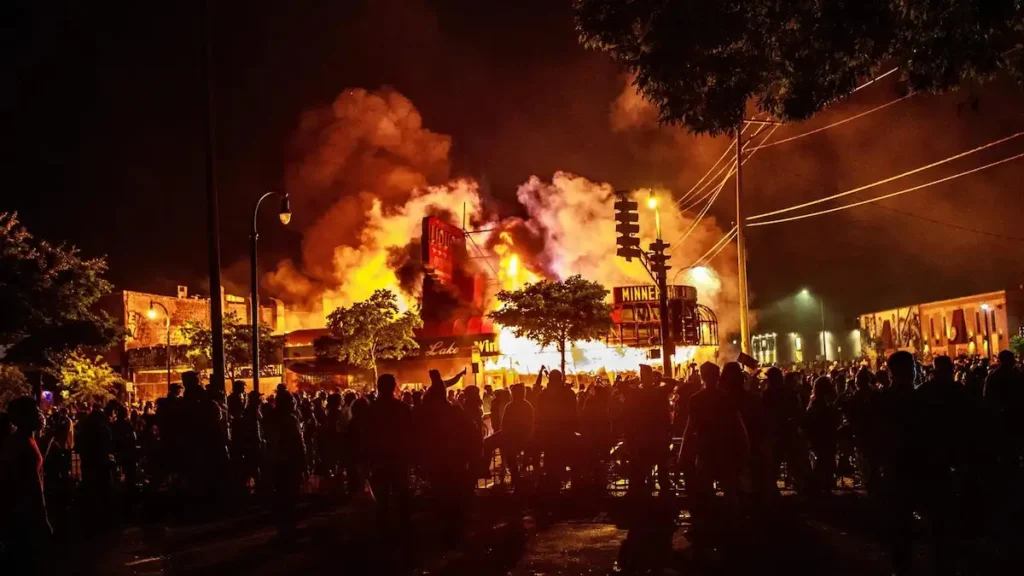
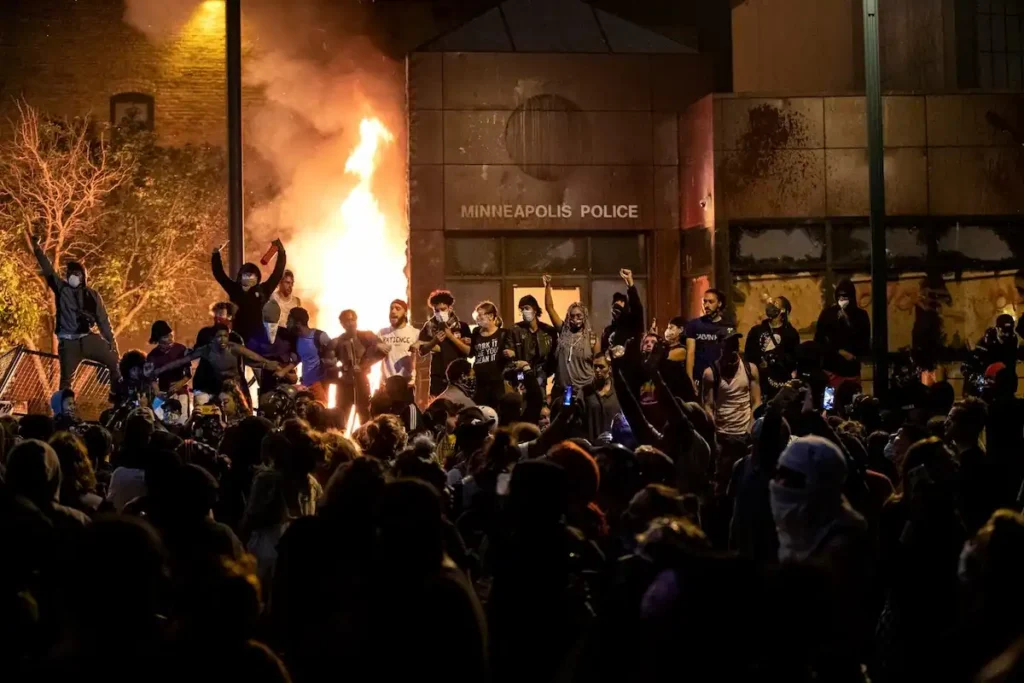
Here’s a timeline:
May 26:
The riots began in the afternoon.
May 27:
Rioters used arson and looted public and private properties.
There are calls for Walz to activate the National Guard.
Minneapolis mayor, Jacob Frey, formally requests that the National Guard be activated.
A small business owner fatally shoots a looter.
May 28:
The Pentagon privately warned that the National Guard was needed.
Frey issued a state of emergency.
At 4 P.M., Walz finally announced that he had activated the National Guard, but he added that it would take days to mobilize.
A police station was burnt.
Rioters looted and torched a liquor store, killing a man trapped inside.
Police stations begin evacuating.
May 29:
Walz declines the Pentagon’s offer to send the military police for help.
The National Guard arrives and enforces a curfew.
The head of the National Guard complains that he hasn’t received clear directions from the officials, even though Walz himself served in the Minnesota National Guard for 24 years.
Riots escalate.
May 30:
Riots continue but begin to cool down with the help of the National Guard.
May 31:
Riots continue to de-escalate.
June 1:
Walz announces demobilizing the National Guard.
August 4:
Mayor Frey, a Democrat, blames Walz for hesitating to activate the National Guard.
October 13:
Minnesota legislature releases its after-action report.
The report blames Walz for activating the National Guard too late and faults his poor judgment in estimating the potential of the riots.
It finds that “Lives were lost, over 1,500 businesses and buildings were burned, approximately $500 million in property damage occurred, and community morale was deeply affected.”
Days into the riots, Walz was still reluctant to activate the Minnesota National Guard. There is a simple explanation: He wasn’t sure whether the rioters were the bad guys, as he never condemned the riots.
The legislature’s report found:
Governor Walz had the ability and duty to use force and law enforcement to stop criminal violence, but he did not. Governor Walz was not willing to do what was necessary to stop the rioting right away because he was having a philosophical debate about whether the use of force should be used to stop violence.
Walz himself elaborated on why he didn’t activate the National Guard immediately: The community was “protesting” the police, and increasing policing would have been wrong. Imagine if, during a war, the president decided not to send reinforcements because the enemy was already “protesting” the U.S. military presence. You couldn’t make this up.
Walz’s poor judgment also led to incompetence. Even if he believed that deploying the National Guard could escalate the problem—which was proven false, as the National Guard eventually ended the rioting and looting—he could have mobilized them sooner without deploying them. Even after he activated the National Guard, it took days to fully mobilize them.
Most of the damage was done on May 29. By that time, Walz had already activated the National Guard, but it was not fully mobilized until the following day to stop the riots.
A competent governor would have activated the National Guard on day 1, even if he didn’t want to deploy it immediately. If Walz had done this, by the time he made his decision on May 28, the National Guard would have already been ready to go, and the most destructive day of looting and rioting might have been avoided.
There are two individuals to refer to for why the riots happened: Democrat Mayor Frey, who faulted Walz for taking too long to activate the National Guard, and Major General Jon Johnson, who commanded the National Guard and complained that he and his troops did not receive clear instructions.
Walz will be a heartbeat away from becoming the commander-in-chief of the U.S. military. He couldn’t handle a city riot. Can he win a war with China?
Note: the opinions expressed herein are those of Chuck Warren only and not his co-host Sam Stone or Breaking Battlegrounds’ staff.
